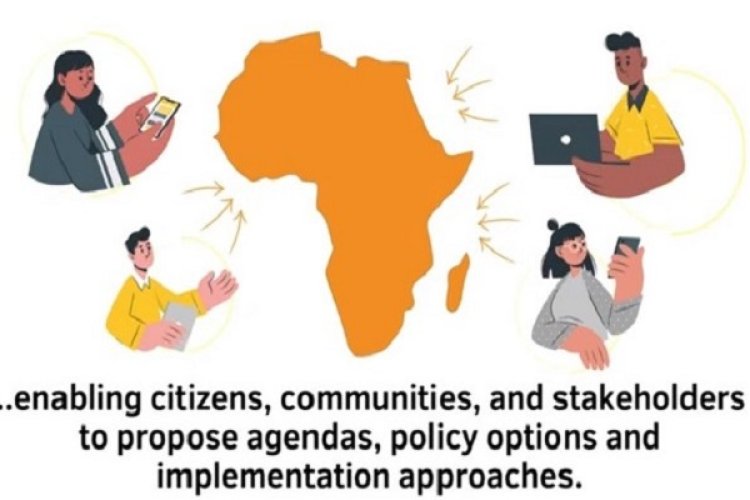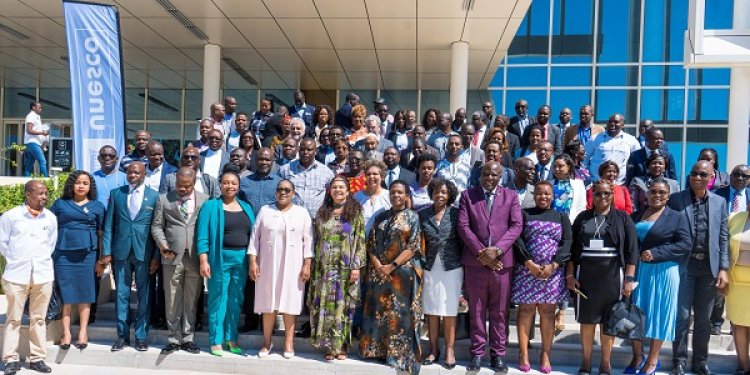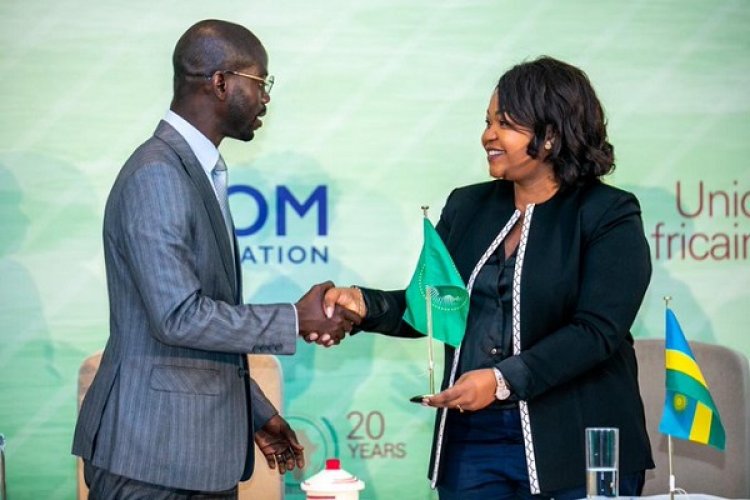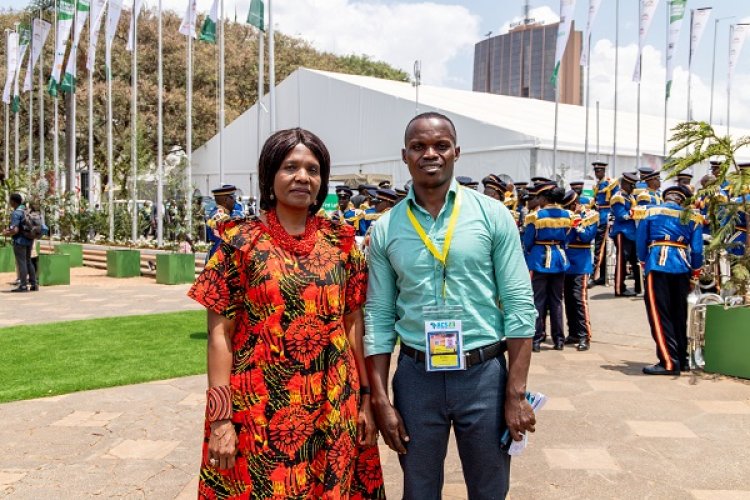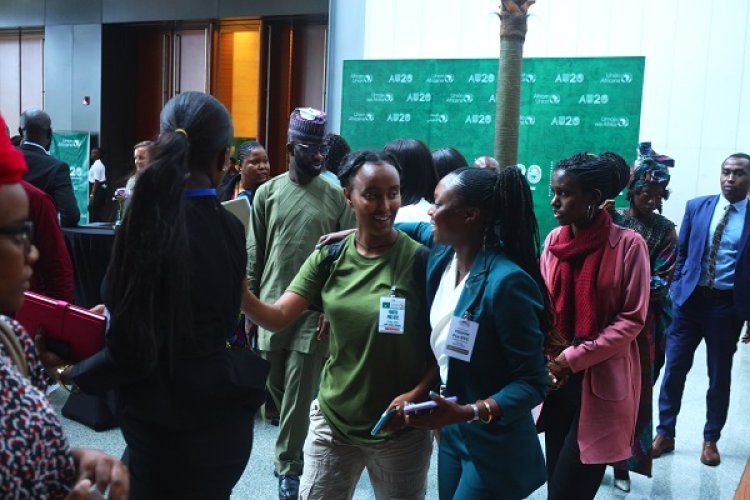The media fraternity in Africa has put forward a list of demands they want governments on the continent to attend to in a bid to address prevailing concerns over state of press freedom, and salvage media in financial crisis.
The demands, which are contained in the four-page declaration issued after the three-day Second Africa Media Convention held in Lusaka, Zambia on 11-13 May, include that of establishment of initiatives to safeguard the safety, security and mental wellbeing of journalists across Africa.
The fraternity also calls on African governments to repeal laws that impinge on freedom of expression and media freedom, as well as setting up of a national minimum wage for journalists per country.
“We, the participants, appeal to the Africa Peer Review Mechanisms (APRM) to review and update the press freedom, access to information and safety of journalists indicators as a mechanism to monitor press freedom abuses in Africa and use the same to hold to sanction violators of freedom of expression and press freedom,” reads sections of the declaration.
APRM is the instrument for the African Union (AU) member States to voluntarily self-monitor their performance with regard to their compliance with African and international governance commitments.
Media practitioners asked UNESCO to lead efforts to create an African media fund to finance and enhance media sustainability and viability. They say the move is necessary to protect the media from political and economic pressures.
Media sector players are of the view that including indicators of press freedom in the body’s governance index could help flag rampant violations, thereby triggering demand for accountability.
The fraternity further demands the AU and its bodies to partner with the Africa media stakeholders in carrying out the annual assessment of the status of press freedom, access to information and safety of journalists in respective countries.
Deeply concerned
The recommendations were put forward in light of deep concerns expressed by the delegates who are largely journalists, editors and media stakeholders over prevailing violations against freedom of the press in parts of the continent.
While they noted strides in a number of African countries including Zambia, the host of the recently-concluded summit, they generally described the situation of press freedom across Africa as worrying 75 years after the adoption of the Universal Declaration of Human Rights.
In particular, media practitioners and their regional bodies expressed deep concern over levels of impunity and rising cases of violations against journalists and media workers that erode not only rights to freedom of expression/opinion and access to information, but also that of assembly and political participation.
ALSO READ: EA journalists brave threats to carry out their reporting
They singled out limited press freedom as exacerbating gender bias and discrimination that women journalists in Africa continue to face in their daily work including online violence, sexual harassment, and gender pay gap.
Media fellowship
Meanwhile, the media fraternity has applauded the AU for establishing the media fellowship programme as a cross-border collaborative platform contributing to the Agenda 2063 aspirations, and called on the continental organization to further build the capacity of the African media practitioners and the industry at large.

Initiated last year, the AU Media Fellowship has so far onboarded dozen media practitioners from at least 14 countries of different regions of the continent.
“It [the media Fellowship] is designed to provide a unique platform for African journalists and content creators, producers to enhance their capacity to reframe the African narrative,” AU officials told the delegates.
Media fund
Appeal to address issues that hamper media viability also featured prominently in the declaration of the Second Africa Media Convention with delegates calling upon governments to pursue equitable sharing of revenues by Tech giants to ensure journalism and media sustainability and viability.
Media practitioners asked UN’s Educational, Scientific and Cultural Organization (UNESCO) to lead efforts to create an African media fund to finance and enhance media sustainability and viability given the financial challenges facing most media organisations in the continent.
“This is necessary to protect the media from political and economic pressures and thus consolidate freedom of the media in Africa,” underlines the Lusaka declaration.
ALSO READ: Weighing the future of Africa media: Experts’ take
~ Reporting by Johnson Kanamugire


